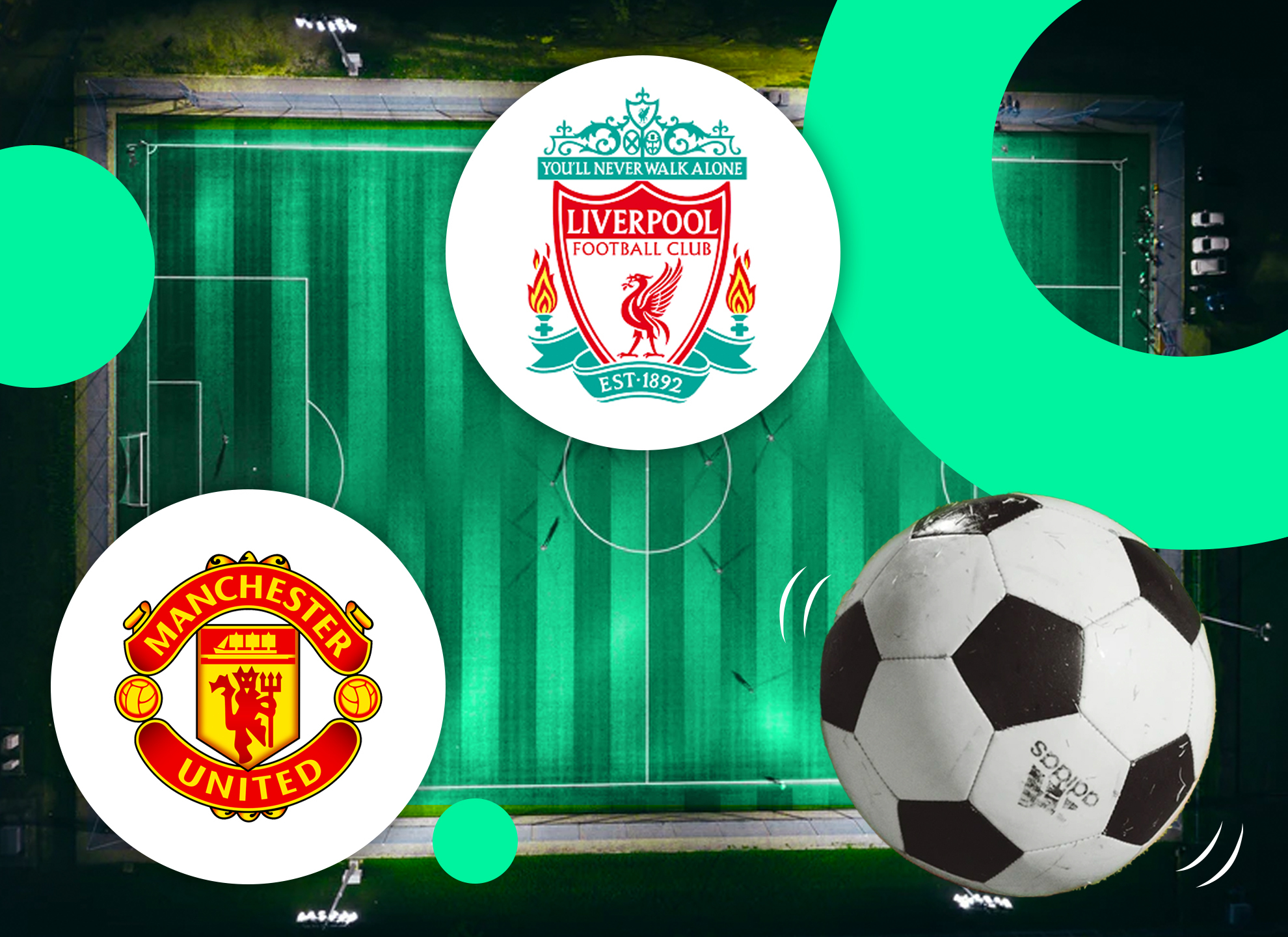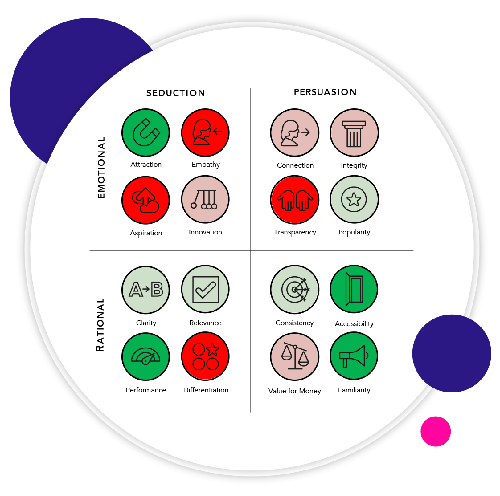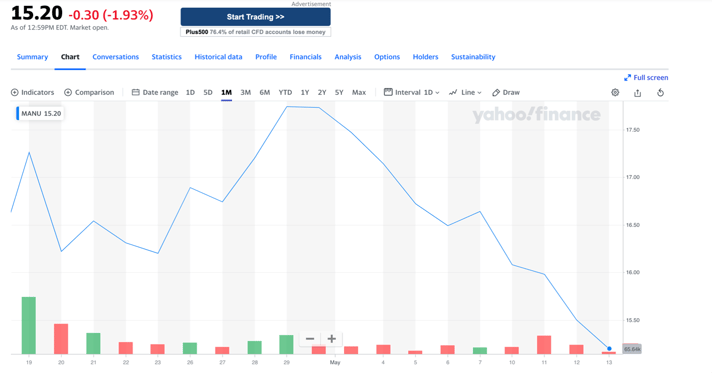Posted on May 19, 2021
Updated on March 13, 2023
3 min read time

Unless you’ve been living under a rock for the past few weeks, there’s no way you could have gotten away without hearing about the European Super League. It’s wreaked havoc in both the UK and abroad, leaving a permanent stain on the history of British football, damaging the reputations of the brands involved, and causing us to question the trust we’ve been putting into these elite teams.
The ESL contained 12 teams, 6 of which were British, Chelsea, Man City, Man United, Arsenal, Liverpool and Tottenham. The idea behind the ESL was to create a higher league, made up of elite players, where none of the core teams could ever be relegated. In a nutshell, it was a money-making scheme.
The groups involved seem to have temporarily forgotten what the root of football - the beautiful game - is really all about, spirited competition. It’s been weeks since the league was announced but the football community is still reeling from it. The brands involved have suffered huge setbacks, and it’s going to take time for these teams to earn back their reputations and regain the trust they enjoyed before the ESL.
In the UK, football is an institution, not a hobby. Because fans choose a club for life and stick with it, these clubs become global brands in themselves, with their own media strategies, sponsorship deals and partnerships. The power these clubs wield both in the UK and internationally, is enormous, extending off the pitch and into everyday modern culture.
Because their influence is so extensive, there’s a social responsibility that comes into play, and clubs need to learn how to nurture these relationships to ensure their customers are happy with the brand and how it conducts itself.
The 16 Drivers are hugely important here. These Drivers are universal factors that determine the strength of a brand’s relationship with its customers. The Persuasive Drivers were damaged in this instance, specifically, Integrity, Transparency and Consistency. The clubs weren’t open with their fans (not giving prior warning about the ESL), prioritized profit over customer needs and acted inconsistently throughout (going back and forth on the decision to stay or leave the league).

Manchester United and Liverpool are rumoured to be the instigators of the ESL and Joel Glazer, co-chairman of Manchester United was due to be vice-chairman of the new competition. The team’s involvement in the ESL has affected public perception of the brand. Both its relationships and its commercial value have been damaged, with sponsors pulling out of a £200m deal and their stock price sinking to lower levels than before the announcement.
Liverpool hasn’t fared well either. Its decision to join the ESL isolated its own players, who later released statements against the club, condemning the league. Club captain Henderson, tweeted “We don’t like it and we don’t want it to happen. This is our collective position.” This dichotomy between what the owners wanted and what the players and fans wanted is a clear reflection of what happens when the Integrity Driver is neglected. In this case, the owners of the team prioritized what they believed to be a good commercial opportunity, above what their players wanted.
The fact that both teams have been superstars in the game for so long and are so well-established, added insult to injury. The teams’ reputations are in disrepair with protests continuing into May and the Integrity and Transparency of the brands at rock bottom. Games were even rearranged due to protesters storming the fields.
Man United’s stockprice over the last month is a great example of what a brand stands to lose commercially when they forget the bigger picture. Brand equity, which is the level of sway a brand has in the minds of its consumers, takes billions of pounds to build and several years to develop. That’s why a shocker like the Super League is so detrimental to Man United, as their relationships with customers were dented within seconds and these relationships are so fundamental to their commercial worth, determining everything, from the amount of people who go to their games, to the number of season ticket holders, and the likelihood of sponsorships and partnerships. A brand with weak relationships will also suffer from low commercial value. And that’s what we see here with Man United. When their relationships were affected, so too was their share price.

Brands must take learnings from the mess of the ESL. Firstly, don’t be greedy. Commercial gain is always enticing but not at the cost of your relationships and reputation. Consider the impact of your decisions and focus on maximizing the amount of benefit you can provide to your customers. The ESL is a prime example of what happens when a brand stops listening to its consumers, and once a brand has broken this trust, there is a great deal of work to do to repair it.
If we’ve piqued your interest, why not learn more about our other 16 Drivers.
Our intelligent platform will take your brand further, faster.
Don’t believe us?
© 2020-2023 ProQuo AI International
All rights reservedWebsite by Blend